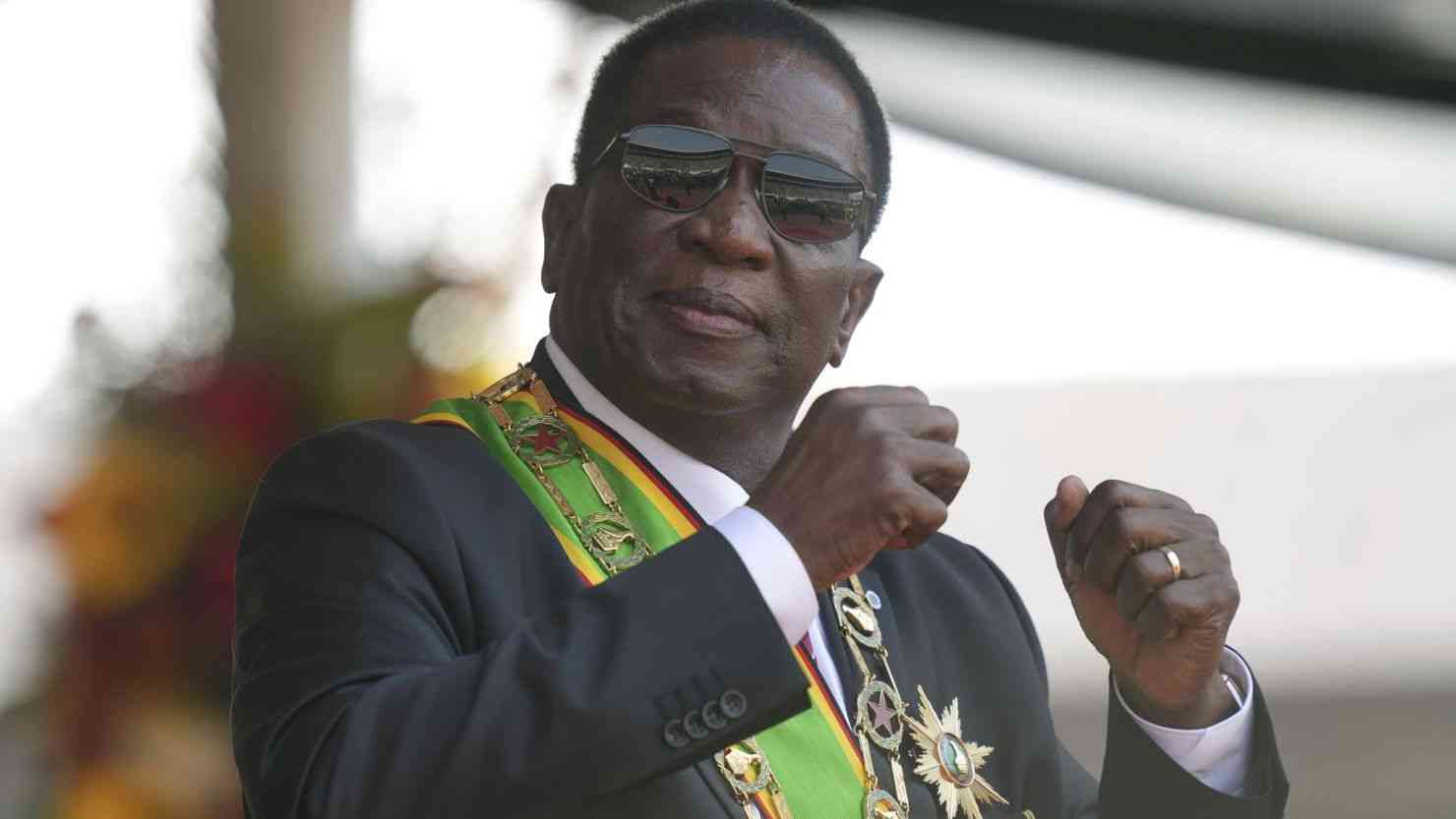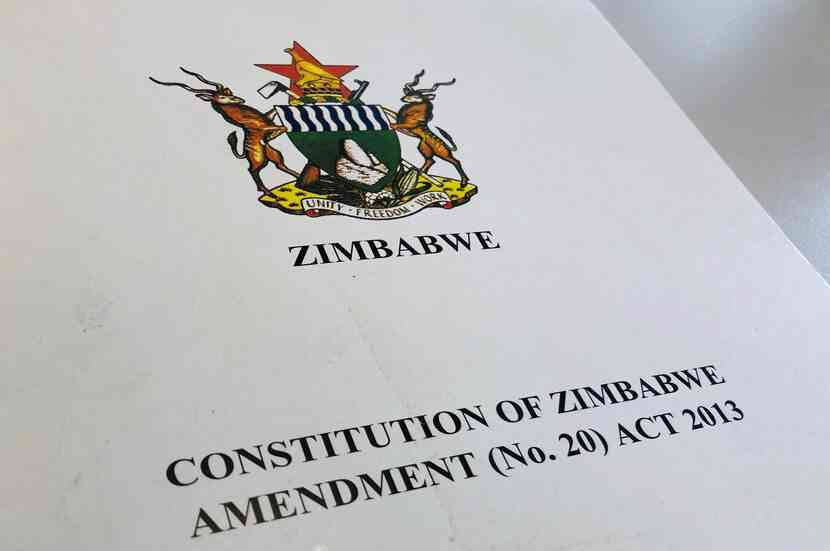
The United States on Monday said it was ending its 2003 sanctions programme against Zimbabwe as it reimposed new restrictions on President Emmerson Mnangagwa and his inner circle for alleged corruption and human rights violations.
Mnangagwa was being sanctioned for shielding gold and diamond smugglers as well as for leading security forces involved in human rights violations, the US Treasury announced.
The 81 year-old ruler became the first sitting head of State to be designated by the US under its Global Magnistsky Programme along with his wife Auxilia and Vice President Constantino Chiwenga.
Others are Defence minister Oppah Muchinguri, Midlands Provincial Affairs minister Owen Ncube, Central Intelligence Organisation deputy director Walter Tapfumaneyi, businessman Obey Chimuka and tycoon Kudakwashe Tagwirei as well as his wife Sandra.
Sakunda and Fossil Group, companies that are linked to Tagwirei and Chimuka, were also put on the new list.
Walley Adeyemo, the US deputy Treasury secretary, said the new sanctions regime was a demonstration that the restrictive measures were not targeted at the people of Zimbabwe, but “criminal networks” around Mnangagwa.
“Today we are refocusing our sanctions on clear and specific targets, President Mnangagwa’s criminal network of government officials and businesspeople, who are most responsible for corruption or human rights abuse against the people of Zimbabwe,” Adeyemo said in a statement.
“These changes to our approach provide an opportunity for the government of Zimbabwe to undertake key reforms to improve its human rights, good governance and anti-corruption record.”
- Big send-off for Cont Mhlanga
- Massive ZRP vehicle theft scam exposed
- Zanu PF bigwigs face axe in purge
- Village Rhapsody: Health workers’ grievances need permanent solution
Keep Reading
He said Mnangagwa was involved in smuggling of precious minerals such as gold and diamonds.
“Mnangagwa provides a protective shield to smugglers to operate in Zimbabwe and has directed Zimbabwean officials to facilitate the sale of gold and diamonds in illicit markets, taking bribes in exchange for his services,” Adeyemo said.
“Mnangagwa also oversees Zimbabwe’s security services, which have violently repressed political opponents and civil society groups.”
US National Security Council spokesperson Adrienne Watson said the sanctions regime was meant to hold accountable individuals and entities that are responsible for Zimbabwe’s crisis.
"Today, the United States is employing a new set of tools in Zimbabwe, including the flagship Global Magnitsky sanctions programme, to make clear that the egregious behaviour of some of the most powerful people and companies in Zimbabwe matches the actions of the worst human rights abusers and corrupt actors globally,” Watson said in a statement.
"These designations build on recent US government actions, including pausing US.participation in the African Development Bank Dialogue and utilising the Department of State’s new visa restriction policy for undermining democracy in Zimbabwe.
“These steps are concurrent with the termination of the pre-existing Zimbabwe sanctions programme that began in March 2003 and expanded on in subsequent orders.
"Actions to retire the previous sanctions program and designate key actors under the Global Magnitsky sanctions programme are part of an ongoing effort to ensure we are promoting accountability for serious human rights abuse and corruption in a targeted and strategic manner.”
He said US President Joe Biden’s administration was committed to work with the people of Zimbabwe and was worried about the deteriorating human rights situation in the country.
"The administration reaffirms its commitment to work with the people of Zimbabwe; will continue to robustly support civil society, human rights defenders, and independent media to promote values consistent with the Zimbabwe Democracy and Economic Recovery Act of 2001; and take additional measures to hold accountable those who deny Zimbabweans the democratic freedoms and good governance they deserve."
"These illicit activities support and contribute to a global criminal network of bribery, smuggling, and money laundering that impoverished communities in Zimbabwe, southern Africa, and other parts of the world."
The US first imposed sanctions on Zimbabwe in 2003 citing alleged human rights violations by the regime of the late Robert Mugabe.
Since coming into power following a coup that toppled Mugabe in 2017, Mnangagwa has been lobbying for the removal of the sanctions while at the same time trying to normalise relations with the US and other western countries.
Nick Mangwana, the government spokesperson , claimed the change in the US sanctions policy vindicated Mnangagwa’s reengagement policy.
“Well, this is massive,” Mangwana posted on X. “A great vindication of President Mnangagwa’s foreign policy.
“That said, as long as our president is under sanctions Zimbabwe remains under illegal sanctions and as long as senior leadership is under sanctions, we are all under sanctions.
“And as long as members of corporate Zimbabwe are under sanctions, we are under sanctions.”










